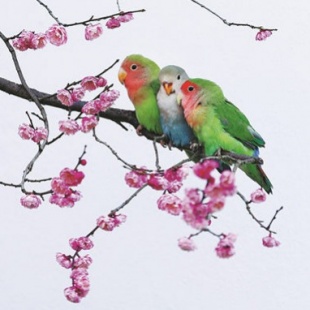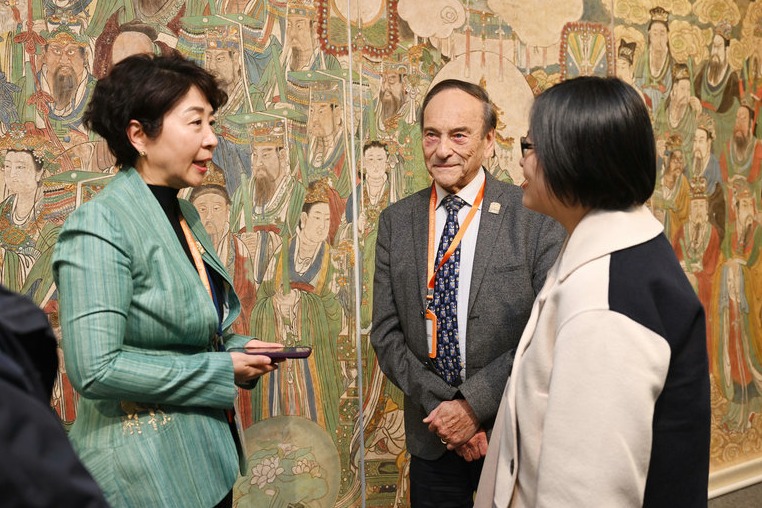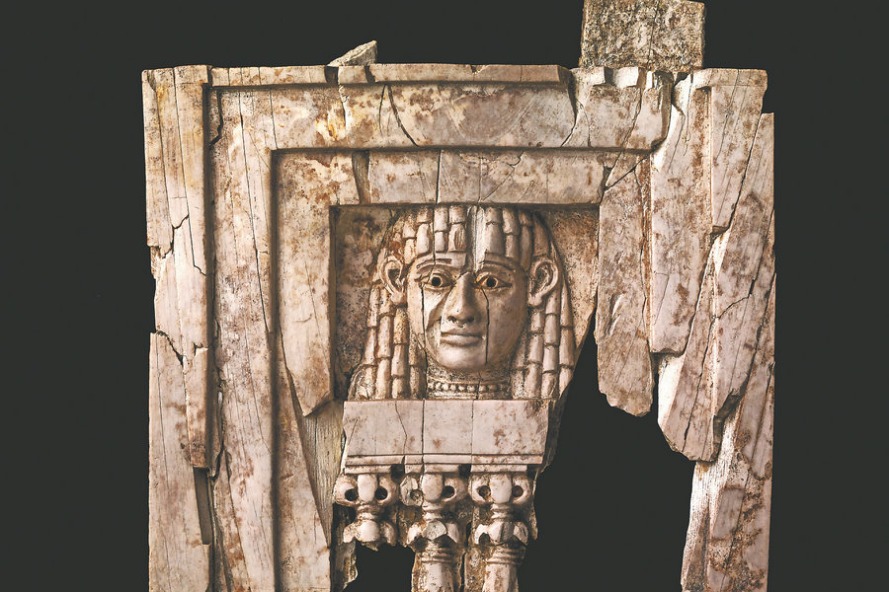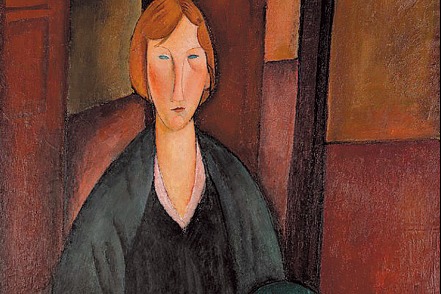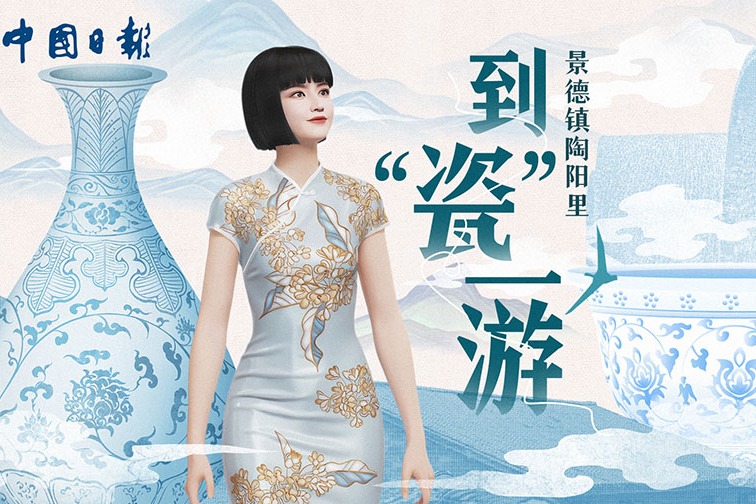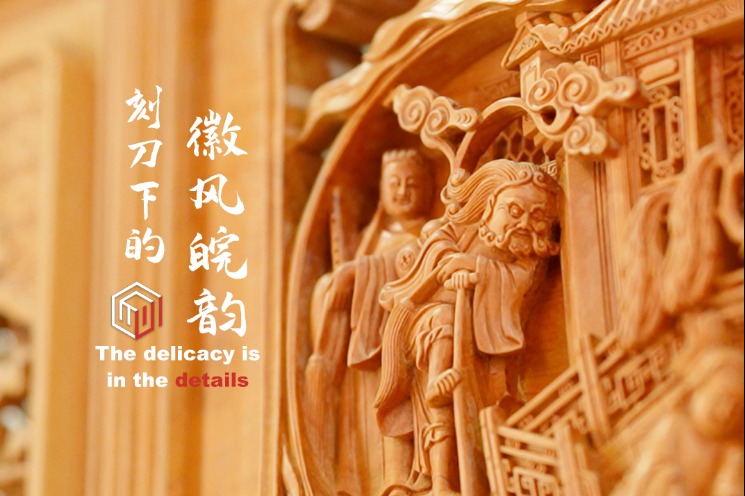A time of thunder and renewal


In the traditional Chinese calendar this day sees the heavens roar as creatures emerge from hibernation, Yang Yang reports.
On the traditional Chinese calendar, today is the day of Jingzhe, or Awakening of Insects, the third of the Twenty-four Solar Terms following Start of Spring that fell on Feb 4 this year and Rain Water 14 days ago.

Over millennia, Chinese people observed that on this particular day, thunder rumbled and insects that hibernated in winter climbed out of their hiding places, thus giving it an animated and imaginative name Jingzhe-the rolling thunder that awakens sleeping insects.
During Jingzhe, usually spanning 15 days, warm humid air from the south becomes active and rising temperatures are often accompanied by drizzle.
Chinese people in ancient times observed that in the first five days, peach blossoms bloomed, in the second black-naped oriole birds started singing, and in the third eagles hid but pigeons and doves appeared.
In warm and humid weather, crops grow faster, which requires more water and fertilizer, so Jingzhe is an important time for agriculture, especially the second day of the second Chinese lunar month, or "Eryueer" that often falls around Jingzhe.
People centuries ago observed that there are 28 stars on the ecliptic. They divided them into four constellations according to their positions. On the east side were seven stars that formed the shape of a dragon spanning the sky, so people named this constellation Azure Dragon, which was not always visible due to the movement of the Earth around the sun.
On Eryueer, the Azure Dragon reappeared in the east sky starting from the star representing the dragon's horns. People back then described this celestial phenomenon as "On Eryueer, Azure Dragon raises its head". For them, it marked the arrival of spring, and the time to plow the land and transport fertilizer to the field. They celebrated it as a festival.


